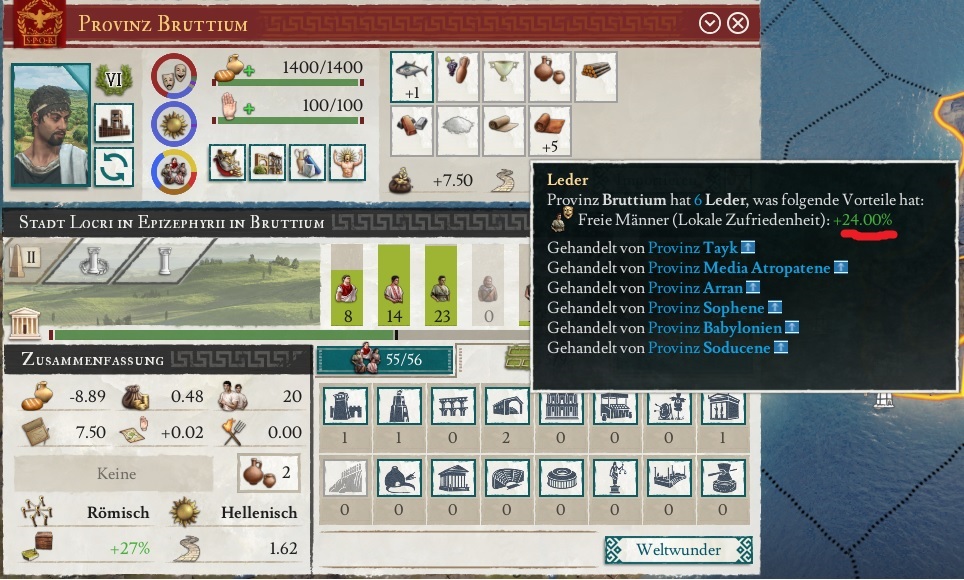Completely uninspired and keeps me from wanting to come back to the game. Come on, paradox, you're so close to making this one of your best games.
- 14
- 1
- 1
Completely uninspired and keeps me from wanting to come back to the game. Come on, paradox, you're so close to making this one of your best games.
Honestly, even if that is true, I can't fathom how such a thing could keep one from even playing the game?
Granted, taste is subjective, of course, so everyone is within their rights to reject the game, but I just can't understand how it can be seen as such a big issue one can't even play the game at all?
Civ 5 you gain access to a resource and you get its bonuses and +4 happiness. You get more of that good, it doesn't stack, but you can trade it for another good for another +4 happiness.
Tw2 you click trade and boom trade type appears. Totally lame
Oh, if you're talking about that side of Civ5 trading (rather than routes) then that is just a worse version of IR trade, sure.Civ 5 you gain access to a resource and you get its bonuses and +4 happiness. You get more of that good, it doesn't stack, but you can trade it for another good for another +4 happiness.
Tw2 you click trade and boom trade type appears. Totally lame
Eh...and where is here the similarity, let alone equality, to how IR works? I'm getting 6 times a 4% happiness increase for importing 6 times leather, for a total of 24%:Civ 5 you gain access to a resource and you get its bonuses and +4 happiness. You get more of that good, it doesn't stack, but you can trade it for another good for another +4 happiness.

